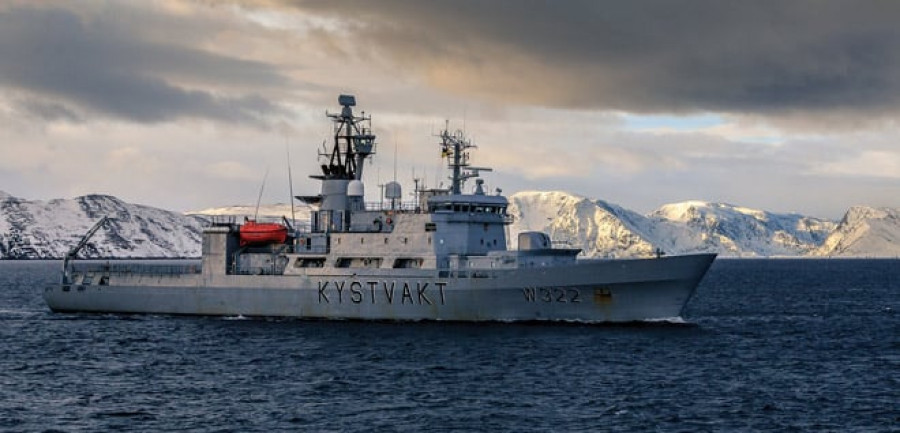After waiting several months for an official confirmation from the Government of Uruguay on the purchase of ocean patrol vessels, Xi Jinping’s government has initiated a discreet diplomatic advance to pressure the South American country to stick to the outcome of the technical selection that, in the bidding process for two of this type of vessels, awarded the Chinese shipyard CSTC the best qualification, as it was the only one of the three firms that presented themselves – the others were Kership, owned by Naval Group, and Damen – that complied with all the requirements requested in the call for prices.
In this regard, on January 20, the Chinese government called the Uruguayan ambassador in Beijing to present its position regarding the purchase, stressing that China sees Uruguay as a country that is in line with the law and serious in its business dealings, so it is expected that the process will continue smoothly.

NORWEGIAN VESSELS
The government of Uruguay, for its part, has responded to a request from Norway to send a diplomatic signal that it is interested in the three Nordkapp class ships that are in the process of being decommissioned, by sending this week the director general of the secretariat of the Ministry of Defense, Fabian Martinez to meet with Norwegian government officials.
From China, this move is interpreted as an Uruguayan concession to the pressure exerted by the United States not to purchase military equipment from that country.
PROCESS
The Uruguayan OPV procurement process, which began more than ten years ago, has gone through a series of vicissitudes that have left the country in a bad light at the international level, with three failed competitive processes, two won by the German firm Lurssen and one by the aforementioned CSTC.
During the process, the Uruguayan political power systematically did not have the capacity to decide what to do or even how to do it, generating uneasiness both at the level of the shipyards that invested time and money in their participation in the competitive process and also in the governments of the countries where these companies are installed.
CHINESE DISCOMFORT
This mishandling of the situation has reached its peak with the disruption of diplomatic relations with Uruguay’s main trading partner, China, after the United States publicly exerted pressure to prevent the country from buying material from China.
In addition, China has recently expressed its displeasure with Uruguay for not sending any representative of the Ministry of Defense to the virtual event Peace and Cooperation, which was attended by high-level delegations of defense ministries from all of Latin America and the Caribbean, but to which Uruguay sent at the last minute its commercial attaché at the Uruguayan embassy in the Asian country in response to an emergency request from the Chinese ambassador in Uruguay, after having declined to participate in the first instance.
In view of this, and as a sign of its dissatisfaction, the Chinese government is said to have initiated the process to suspend military aid to Uruguay.
With information from Infodefensa

